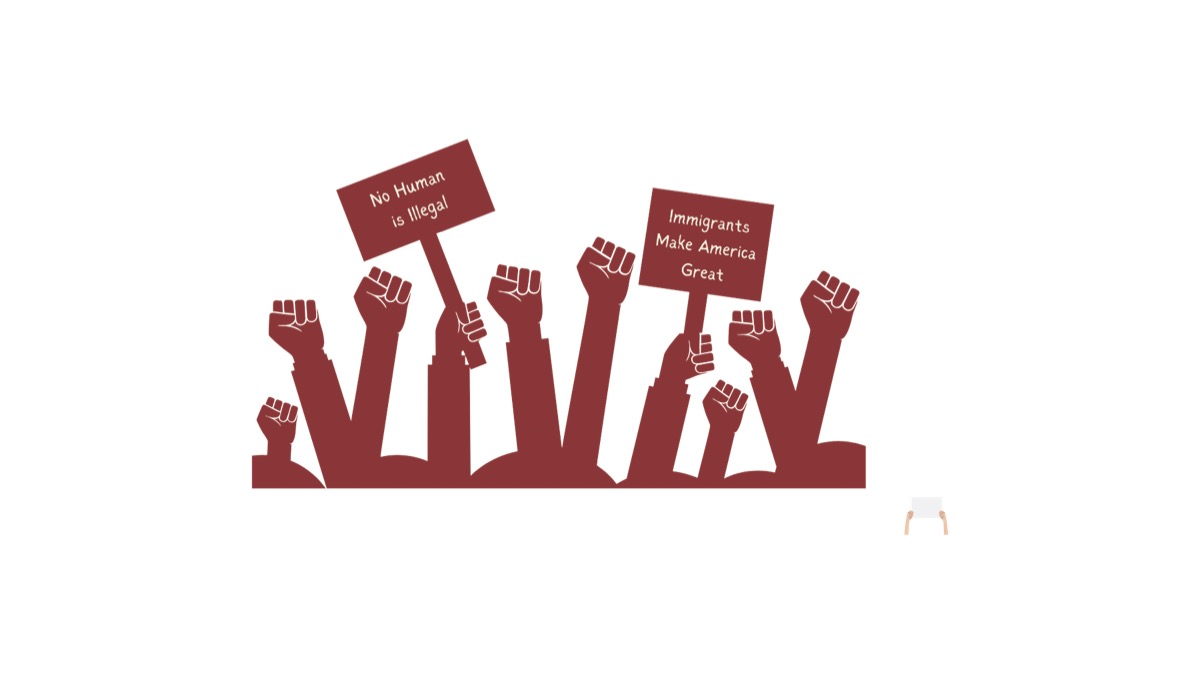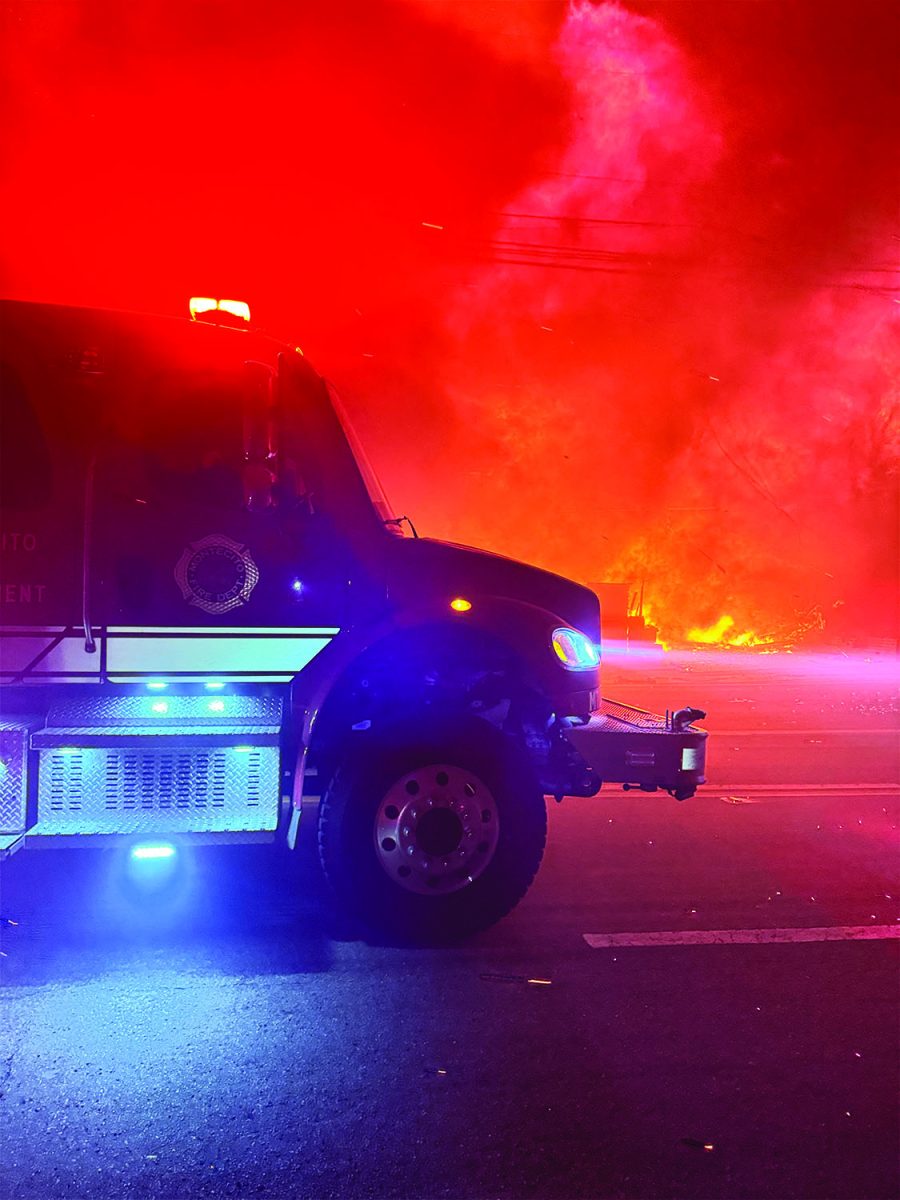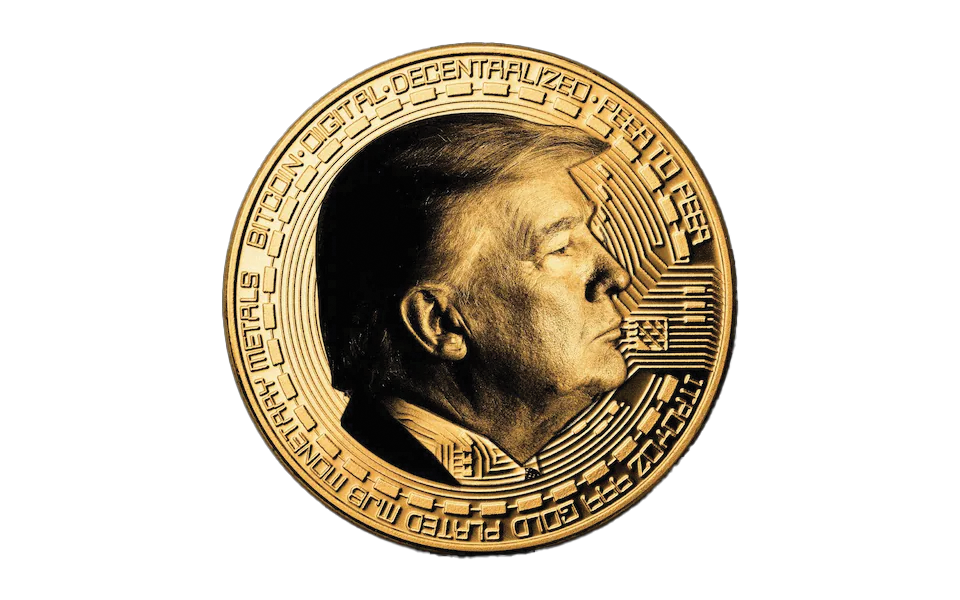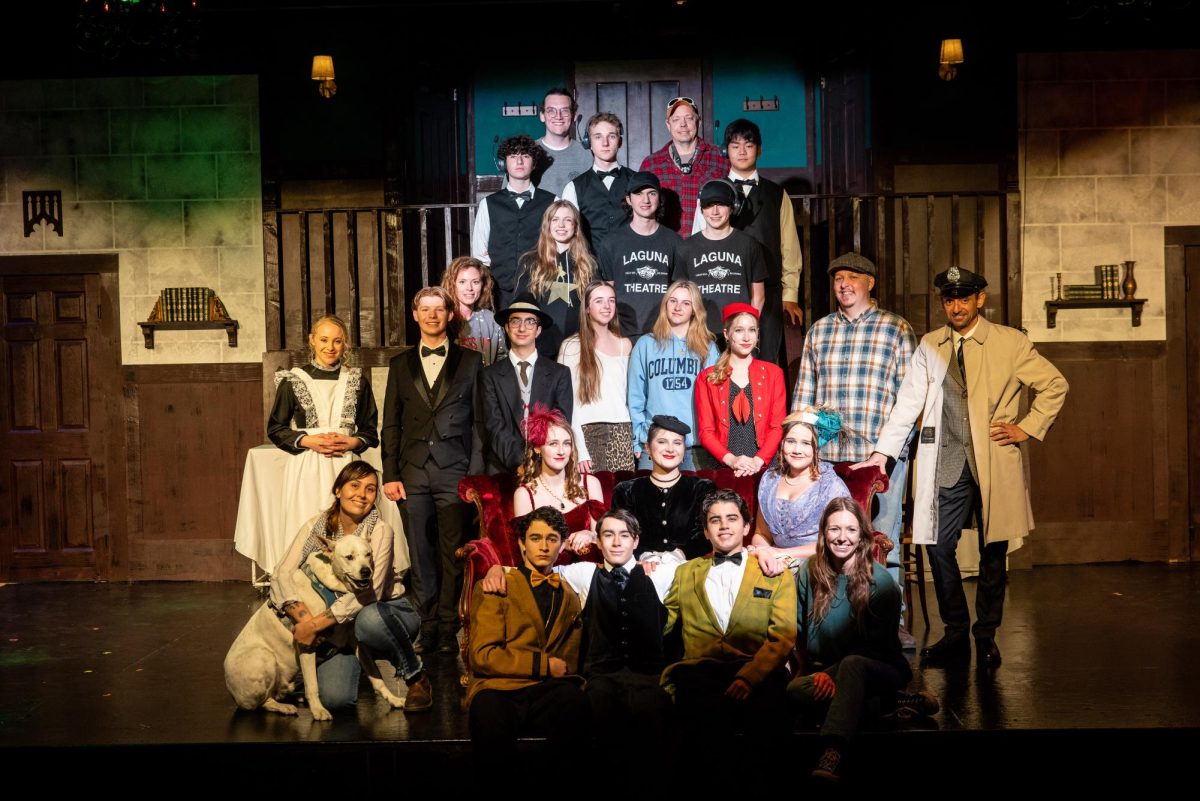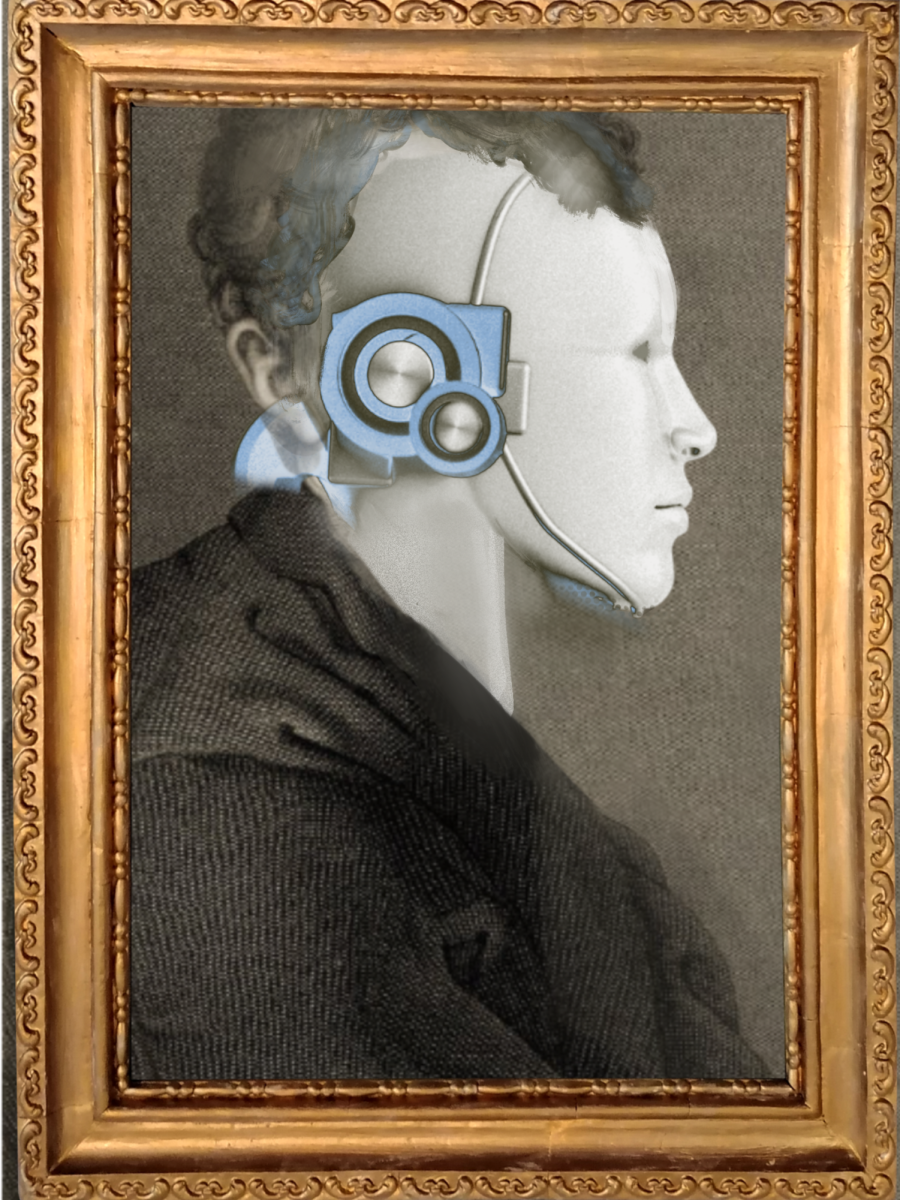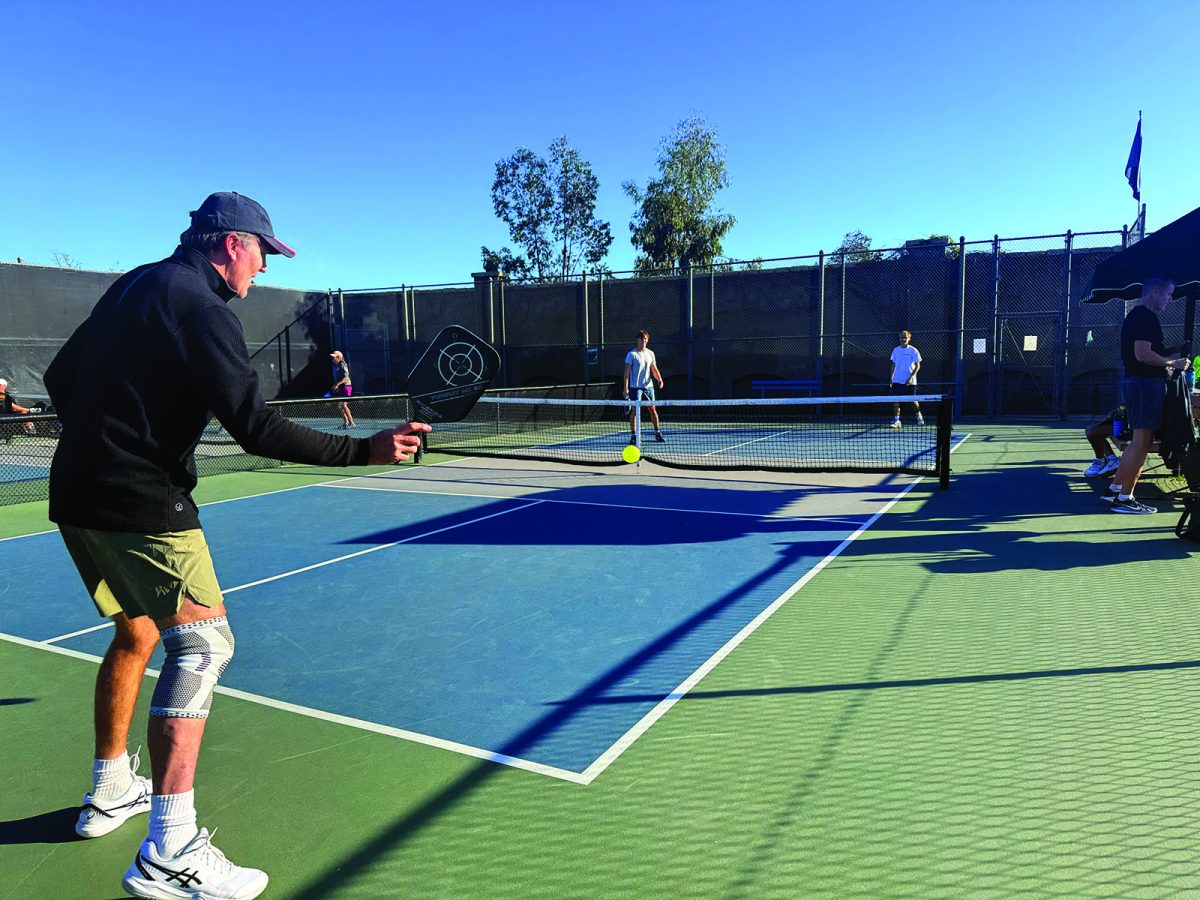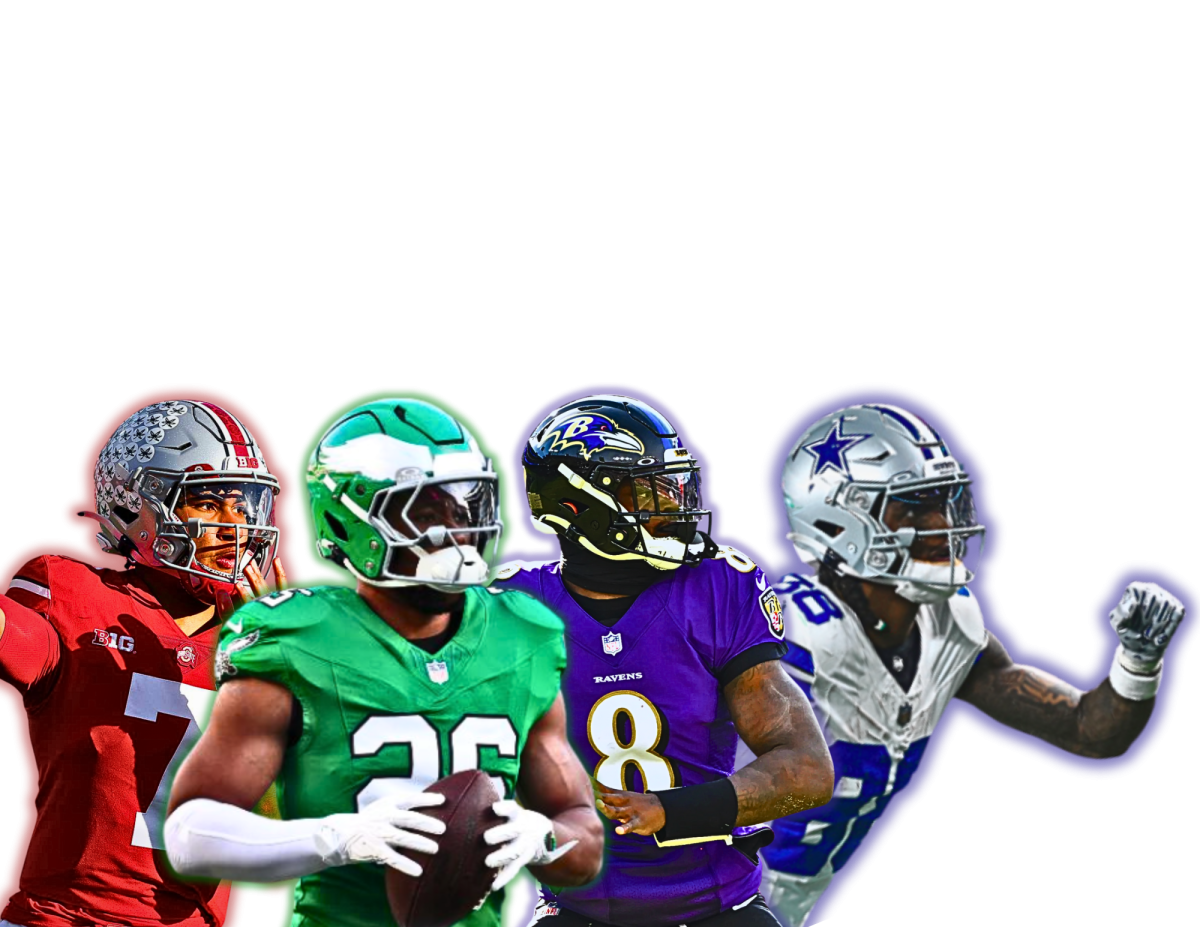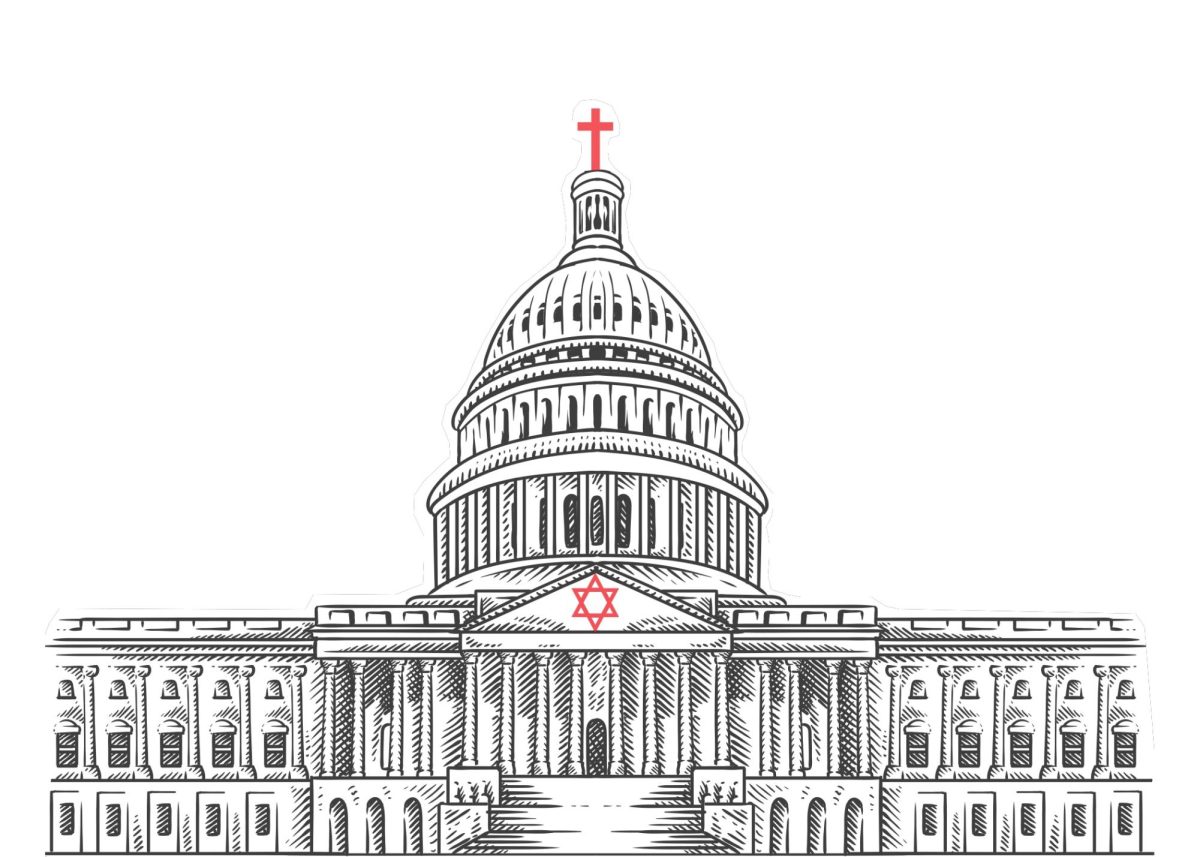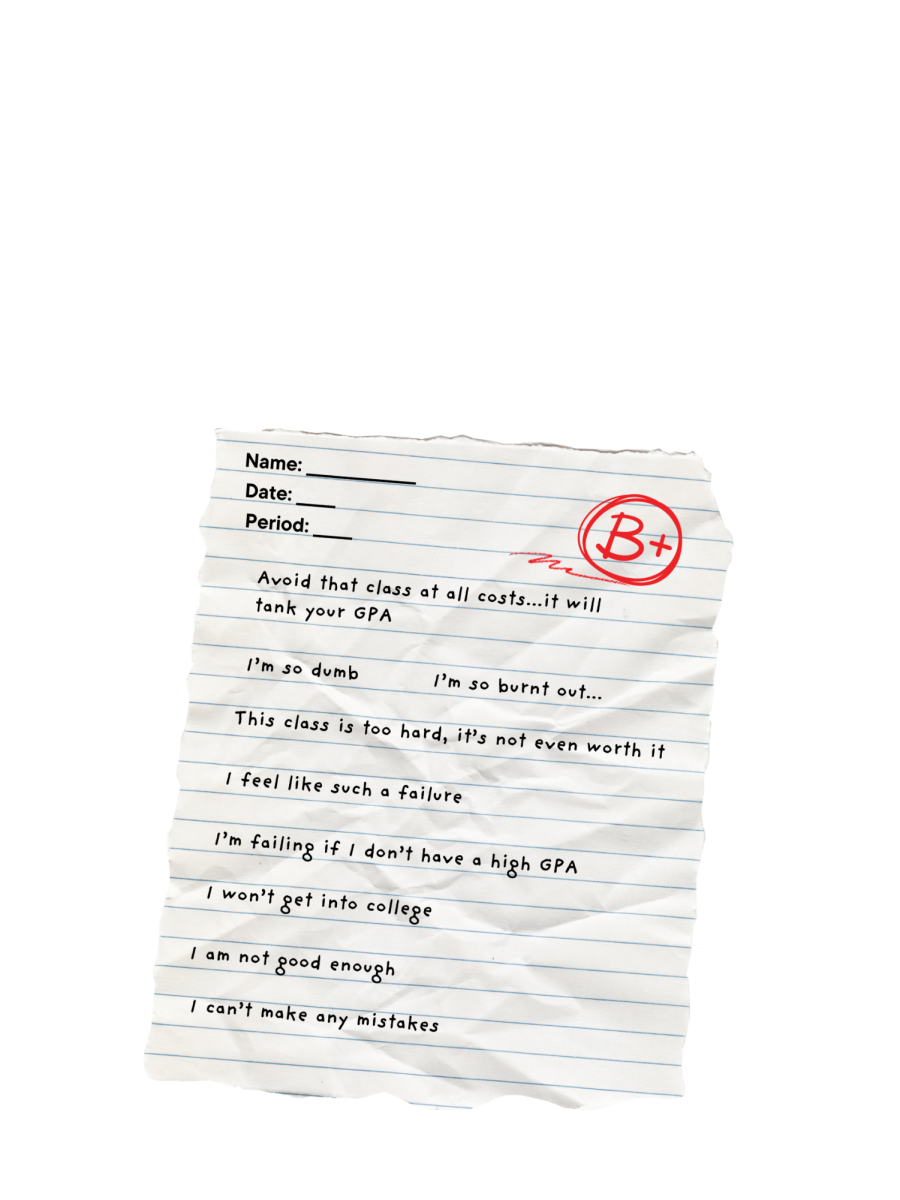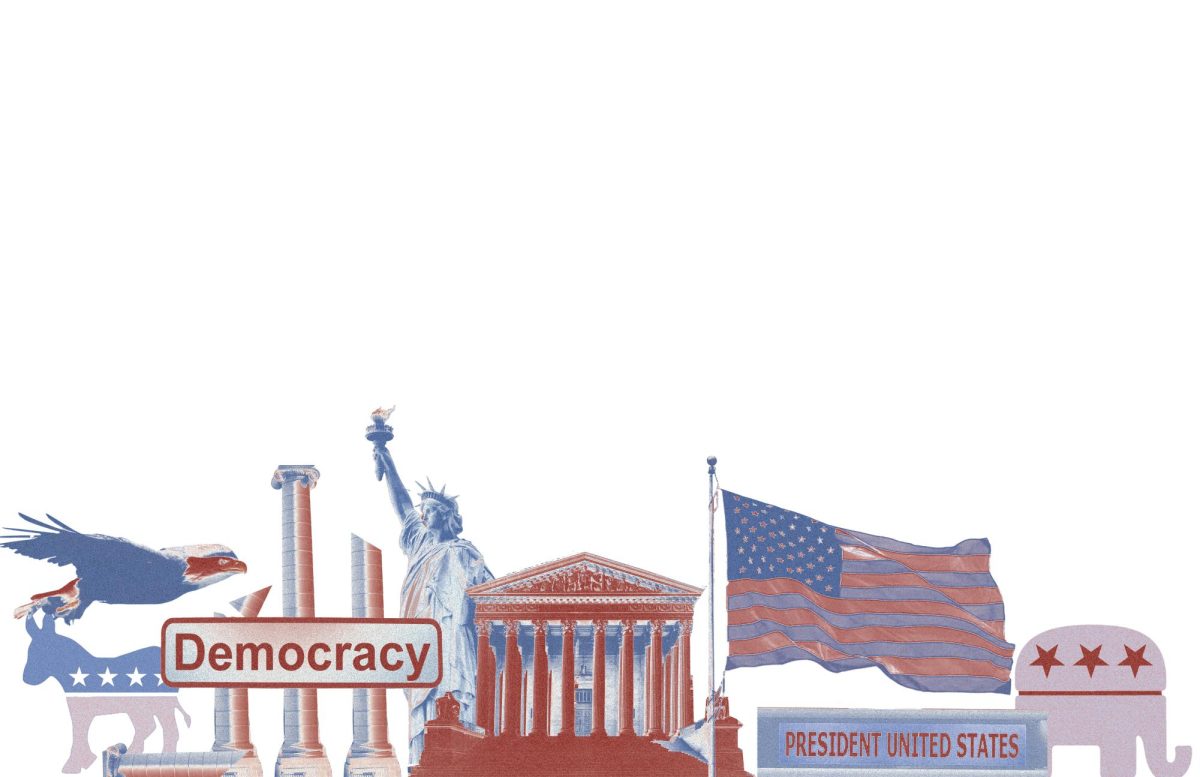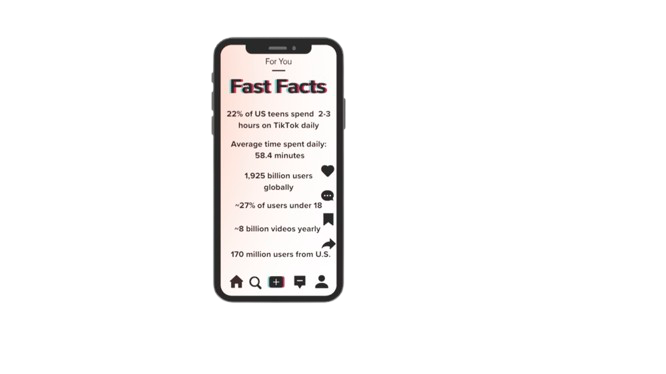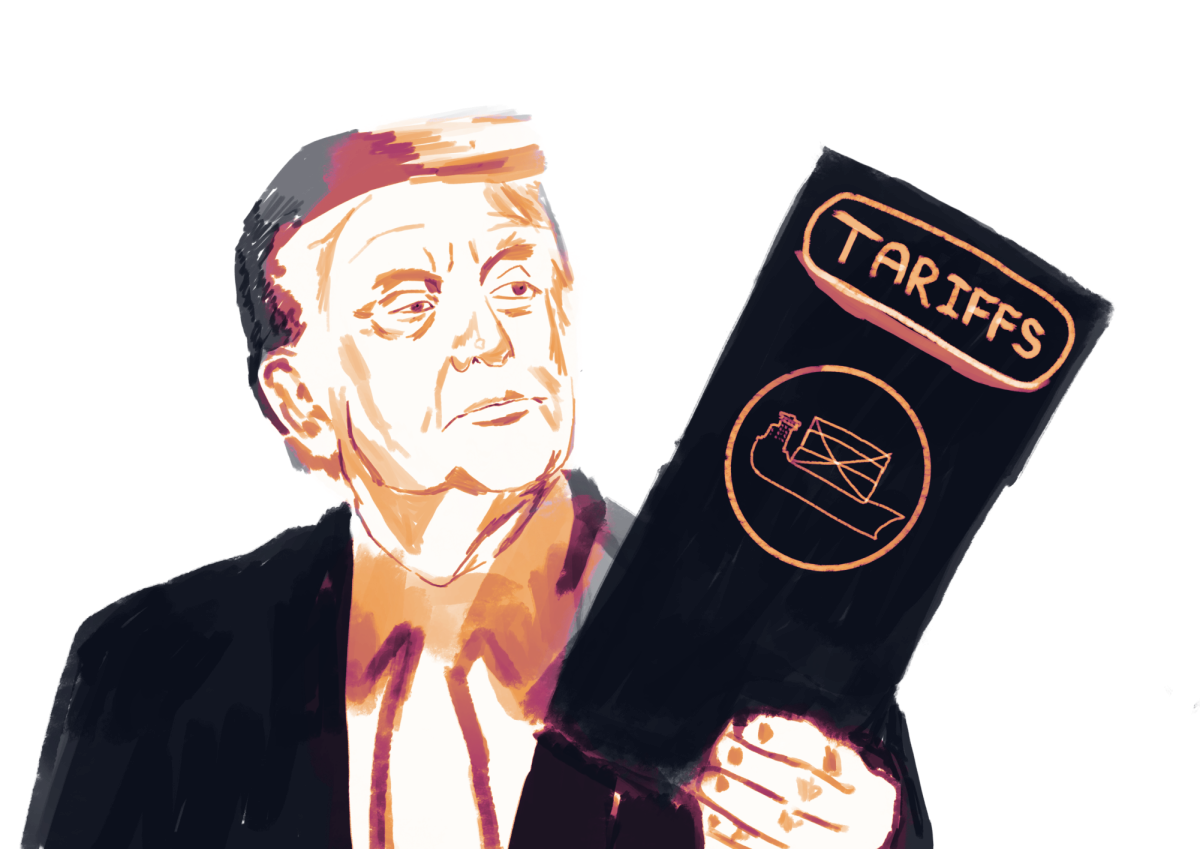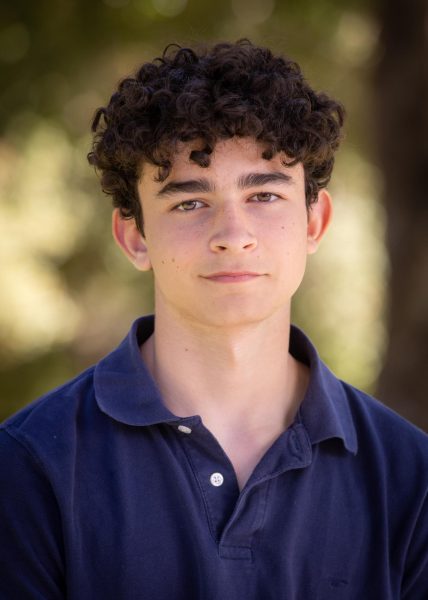Social Media is in our lives every day, increasingly among youth. The platform is being used for political messaging, targeting all ages. Celebrities, podcasts, and influencers influence users’ opinions.
Reactionary politics, misinformation, and viral personalities spread quickly through social media. The full effects of this on our youth remain to be seen.
“I have seen many people become more involved and interested in politics because of social media, but people have also become more polarized over divisive topics,” junior Robie Polos said.
Exposure to politics through social media can create an aware, active, and informed youth, which is essential to a healthy democracy. The question is, are they being educated? Or are they influenced?
Social media influencers greatly influence our youth, and there are consequences of giving platforms to any viral star. Trained Republican and Democrat professional spokespeople debate college students and untested debaters to market their beliefs to a broader audience.
Republicans and Democrats face the same ethical dilemma by targeting minors with political messaging. Children need to develop the skills to think critically about what they view online. Moreover, they need more life experience to form their opinions independently of social media.
“As a student, I’ve definitely seen some of my classmates influenced by social media. I’ve even seen students directly restate opinions I had only seen online as if they came to that conclusion on their own. Sometimes, on topics these students otherwise knew nothing about,” Robie said.
High school students can be influenced, as well as children who have access to the internet and social media in middle and elementary school.
“Not everyone should be given access to such powerful platforms, which billions now use daily,” Robie said.
The politics that students are exposed to are not light or easy topics; they are about abortion, border security, and foreign wars. People of all ages and political identities struggle to find common ground on these issues due to their nature and the polarization created by social media.
Polarization dramatized by social media created and spread a harmful culture of reactionary politics. The civility between people with opposing political opinions is worsening, reflected in social media and presidential debates.
Polarization is the outcome of social media echo chambers. Users who interact with a particular post and opinion continue to receive the same content, reinforcing their opinions by not showing them other perspectives.
This tunnel vision makes users believe their opinion is more widely spread and accepted than it may actually be, which misconstrues the reality of people’s diverse opinions and perspectives.
Social media does not differentiate between positive or negative user interactions; this viewpoint prioritizes viewer retention over everything, which makes sense from a business perspective but not from an ethical or equity standpoint.
David G. Rand, a professor at the Massachusetts Institute of Technology, found that it is not just the algorithm that leads to polarization but the influencers themselves.
When misinformation is added to the equation, it becomes increasingly problematic, especially with the emergence of AI.
“Readers should try to think about the posts they see, how accurate they may be, and what the motives behind the posts are.” – Robie Polos
“It is very important that certain things on social media are regulated, such as violent and illegal speech, but as a strong advocate for free speech. Once we move past these examples of speech unprotected by the First Amendment, I believe that very little to no speech on social media that should be regulated by the government,” junior Carter Plowman said.
“I understand that much of what is on the internet is false and hateful. My issue with regulation is not the idea but how it is done. I do not believe that there is any person, institution, government, or artificial intelligence that will ever be able to regulate speech online without bias.”
Going down the rabbit hole of social media regulation is dangerous because once you build the systems for it, they can be used to quell misinformation.
“Just because one entity is trustworthy at one time does not mean it will remain that way. If I have learned anything from history, especially from [Kevin] Shertzer’s class, it is that power is corrupting, and once taken, it is hardly ever given away,” Carter said.
Misinformation must be avoided at all costs. Systems of regulation must not only be created but checks and balances must be put in place on fact-checkers to protect free speech. “We must look towards alternate solutions to solving the epidemic of hate and misinformation spread on social media. I think this starts with the spread of factual information to a free-thinking and logical society. Like many issues in our country, I believe this leads us back to the failures of our nation’s education system,” Carter said.
Social media will always exist, and while systems must be put in place to balance bias and misinformation, individuals must change their relationship with it.
“I try to find balance and remain critical about what I’m exposed to, but I think it’s important to remember that nobody is immune to social media, including myself,” Robie said.

